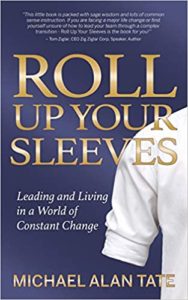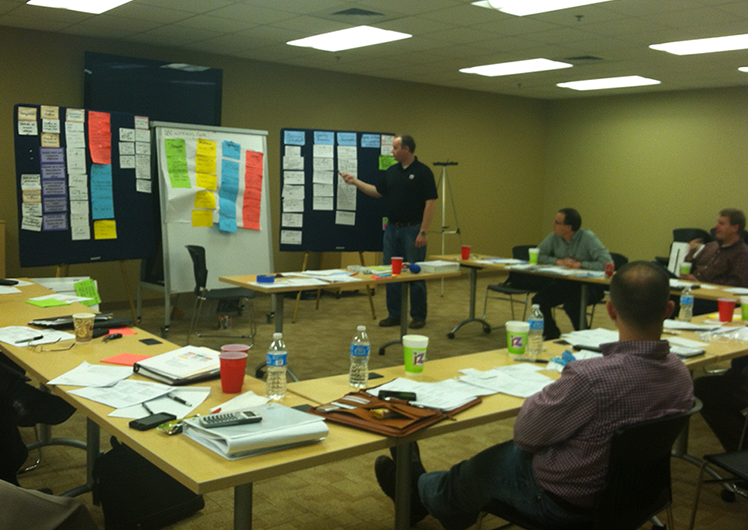Prayerful Question
Sam is good leader. He knows the two things that matter — 1) What he wants, and 2) the primary question a person needs to answer to become a leader.
When Sam called me to help him with his team, the team was not in trouble; as a matter of fact, his division had led the company in production and profits for many years. When I asked how he had accomplished this, he gave some credit to “the luck of the draw” on his part, then without the slightest hesitation, he gave the lion’s share of credit for success to the amazing people on his team. Sam had called because he sensed the team may have peaked, and he wanted talk about ways to make this team even better.
In a few verbal bullet points, he spelled out the vision he hoped for his team and the impact they would have on the organization. Then he said “Over the last few months, I have been asking myself is there something about me that is keeping this team from moving to the next level of performance?”
Is there something about me? Philosophers, poets, prophets and presidents — found in prayers, speeches, and books since civilization began — have put this single inquiry forward, in different words, from altering angles. It is perhaps the one indispensable question necessary for the growth of anyone seeking to influence others toward something better or bigger.
Legend has it that in some ancient tribal cultures, the warriors (or the leaders in the tribe) strived to walk as if every step they took was a prayer. I have yet to learn what words were in those prayers or if this only figuratively represented a posture of humility and gratitude. But I believe if there were such a “walking prayer,” and that a warrior did indeed pray this prayer on his road to leadership, it might have been something like a reworking of The Serenity Prayer:
God, grant me the serenity to accept the things I cannot change, the courage to change the thing I can, and the wisdom to know that it’s me.
Journal Entry: Are you feeling like things are good and hoping that things could be even better? What might happen if you sought the answer to this one prayerful question as you consider your next move in your leadership and life?
Physical strength can never permanently withstand the impact of spiritual force. – Franklin D. Roosevelt
I don’t like that man. I must get to know him better. – Abraham Lincoln
It is better in prayer to have a heart without words than words without a heart. – Mahatma Gandhi
Don’t accept your dog’s admiration as conclusive evidence that you are wonderful. – Ann Landers
“Why do you look at the speck of sawdust in your brother’s eye and pay no attention to the plank in your own eye? How can you say to your brother, ‘Let me take the speck out of your eye,’ when all the time there is a plank in your own eye? You hypocrite, first take the plank out of your own eye, and then you will see clearly to remove the speck from your brother’s eye.” – The Bible’s New Testament, Matthew, Chapter 7 verses 3-5



